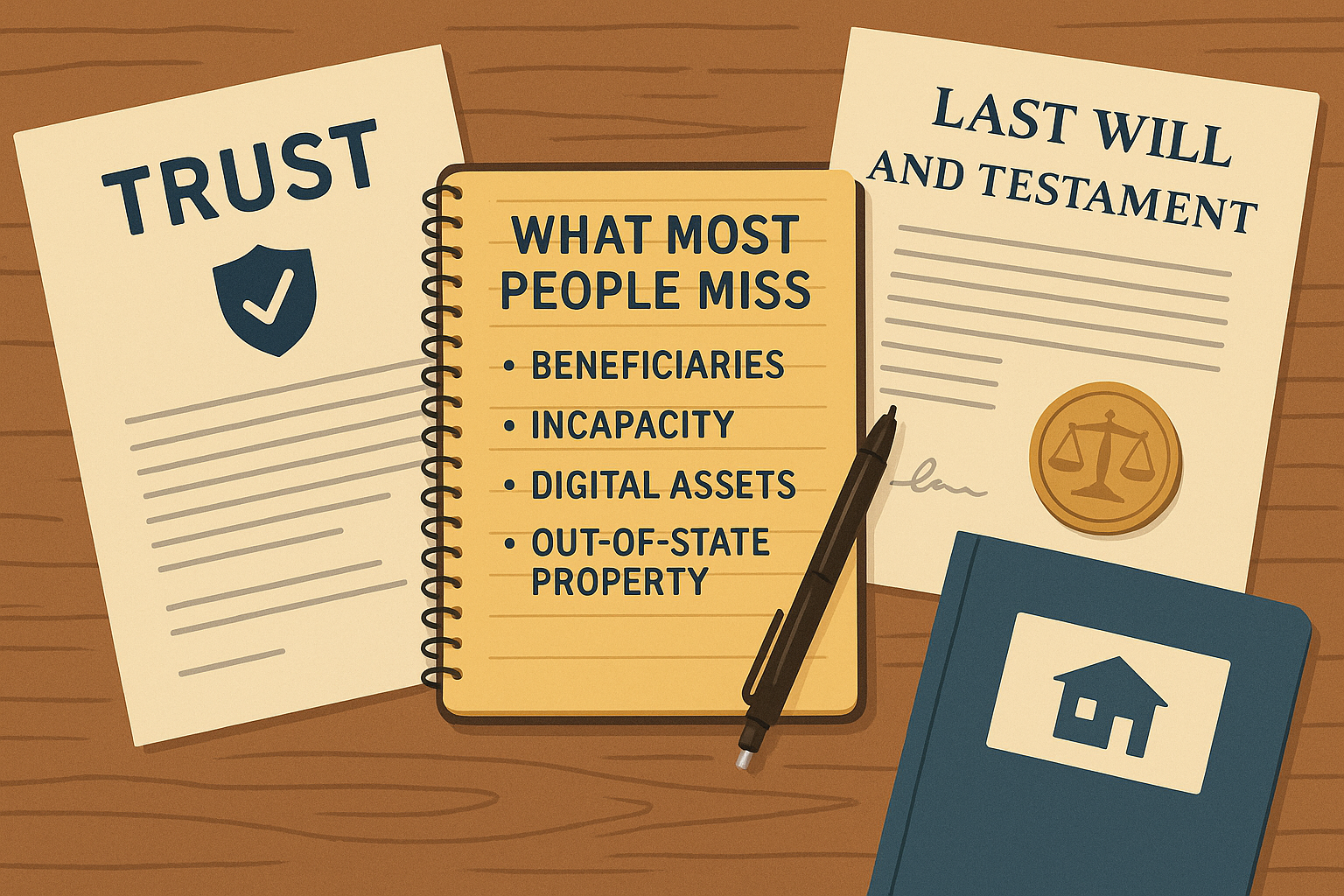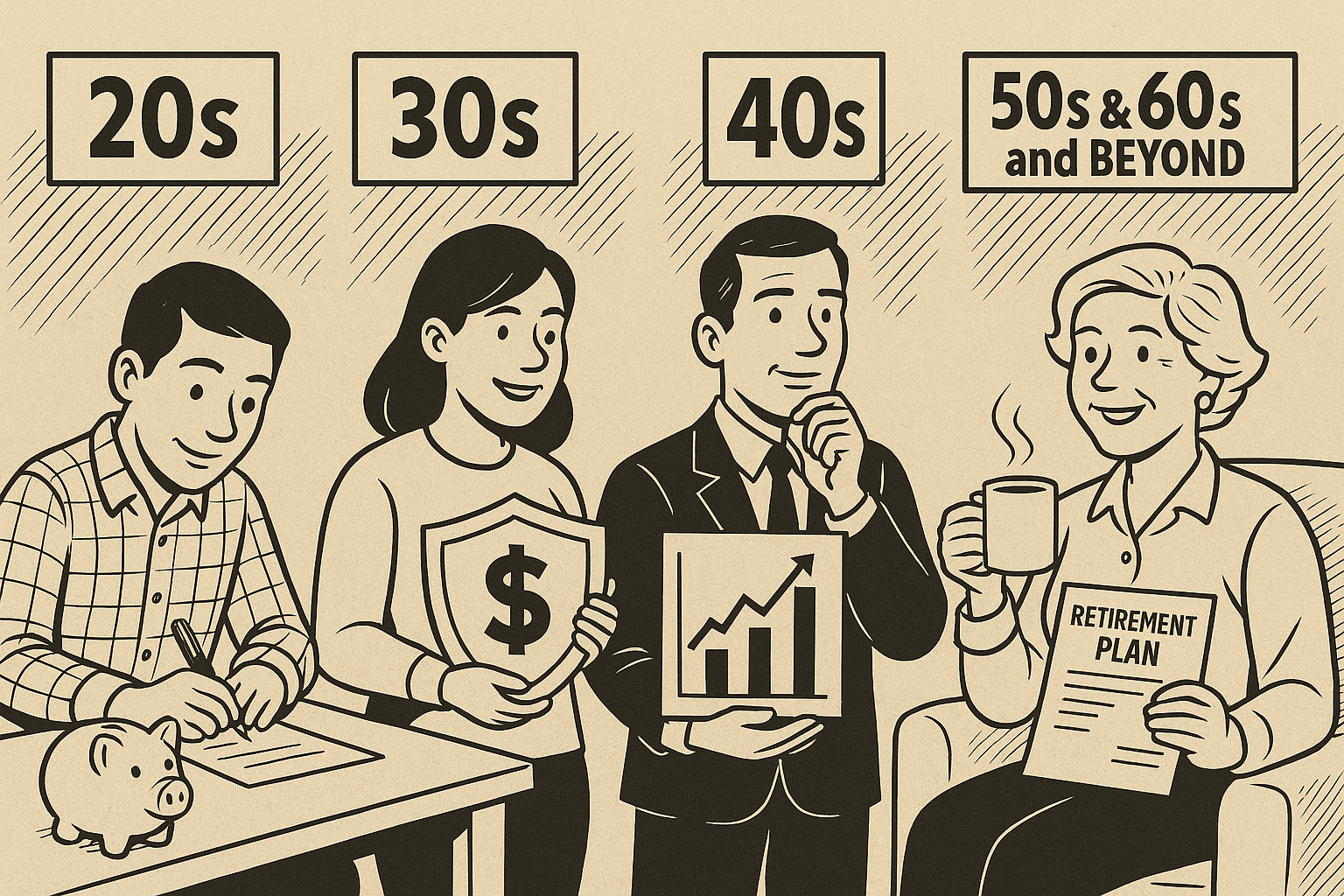America’s Infrastructure Failures, Demands Seen on Local Level
May 6, 2019
While Washington remains divided and contentious with very little “across the aisle” initiatives, infrastructure is a potential bright spot. It is rumored that House Speaker Nancy Pelosi and President Donald Trump have discussed working together on an infrastructure package and have held talks as recently as earlier this month.
Now, we all know that talk is cheap and infrastructure plans have routinely taken a backseat to other policy priorities. With the Washington policy establishment migrating toward initiatives to redistribute wealth, infrastructure could finally be in the limelight. Major infrastructure programs have been a favorite of Keynesian policymakers since the 1930s.
Several figures have been tossed around concerning the size of any major infrastructure deal. Trump proposed $200 billion to $1 trillion in his public/private partnership, and Pelosi has touted $1 trillion to $2 trillion in spending. Here’s a look at America’s infrastructure needs:
- According to Duke Professor Henry Petroski, traffic congestion delays cost the U.S. economy at least $120 billion a year, while the Department of Transportation estimates that $800 billion is needed to fix America’s roads and bridges.
- America’s airport infrastructure is so dilapidated that experts estimate that nearly 40 million airplane trips per year are avoided because of congestion and security delays, costing businesses $35 billion annually.
- The American Society of Civil Engineers (ASCE) gave America’s infrastructure a “D+” on its 2017 report card. According to the ASCE’s calculations, failure to improve our roads, ports, inland waterways, levees, etc. could result in almost $4 trillion in losses to gross domestic product by 2025.
- The World Economic Forum’s Global Competitiveness Survey currently ranks the U.S. 10th in quality of overall infrastructure.
- The EPA estimated that drinking water, wastewater and irrigation systems will require more than $600 billion of spending in the next 10 years.
If you live in, commute to or have recently visited Nashville, you’ve undoubtedly been affected by several infrastructure development projects. The two largest current pain points are the overhaul of Interstate 440 and the Nashville International Airport expansion. While both are inconvenient now, they are mission critical for Nashville’s future development.
The airport’s $1.2 billion overhaul includes adding a new international terminal, gates, security checkpoints, parking, restaurants and lodging to streamline the travel process. Increasing the number of inbound and outbound nonstop flights will dramatically improve the efficiency with which both Nashvillians and guests can travel.
For Interstate 440, traffic was already bad. Anyone who could would avoid the road at peak travel times. Given the growth of the city, things were only bound to get worse. While the $153 million buildout is painful now, it is a necessary investment to drive future productivity, with construction expected to wrap up by August of 2020.
While costs are often staggering, an investment in infrastructure can have real, concrete implications for our economy and productivity.
According to the University of Maryland, the downstream “multiplier effect” from infrastructure spending (think less traffic, less waste, greater efficiency, etc.) could add $3 to the GDP for every $1 invested by 2030.
Right now, there are roughly 14 million American workers employed in infrastructure related sectors. If infrastructure spending increased by 1% of GDP, the industry would add an additional 1.5 million jobs to the economy.
From a business perspective – for concrete companies, trucking companies and heavy machinery manufacturers – it will be worth watching to see if D.C. policymakers can strike a deal to rebuild America.
John Lueken is the executive vice president and chief investment strategist at CapWealth. This article was published in The Tennessean on May 6, 2019.















